Choosing Your VR Partner: A Guide
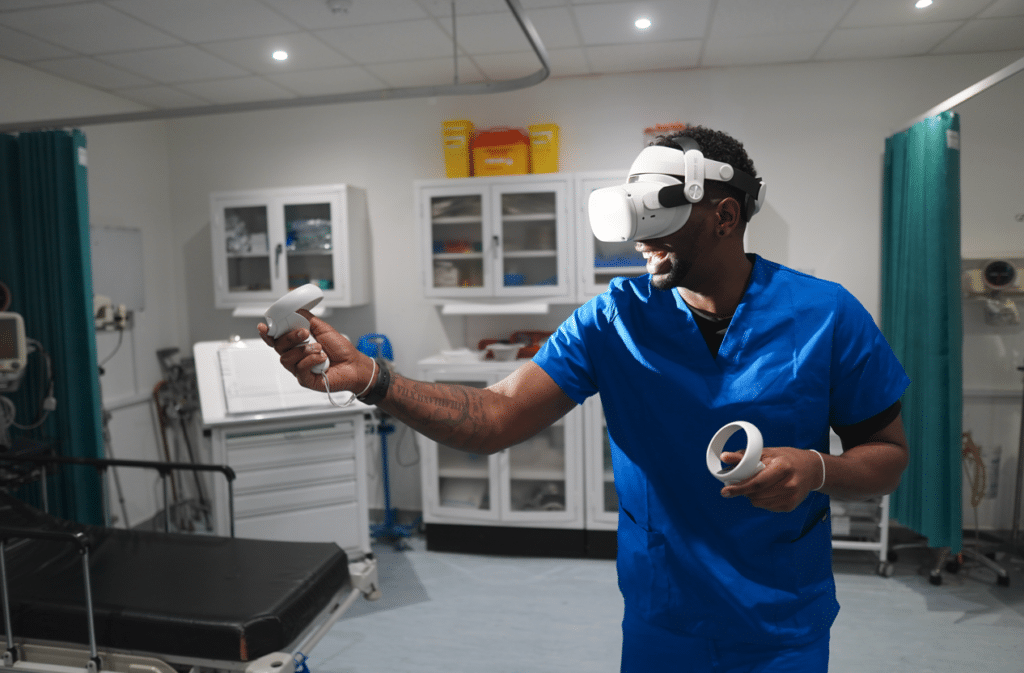
Ready to step into the wide world of virtual reality simulation? Need help kicking off your search to find the best VR healthcare company for you? Starting to update or progress an educational or training program can feel daunting. But, with the right partner, it can feel like you’ve got a knowledgeable guide. They will […]
Maximizing Educational Impact with Extended Reality
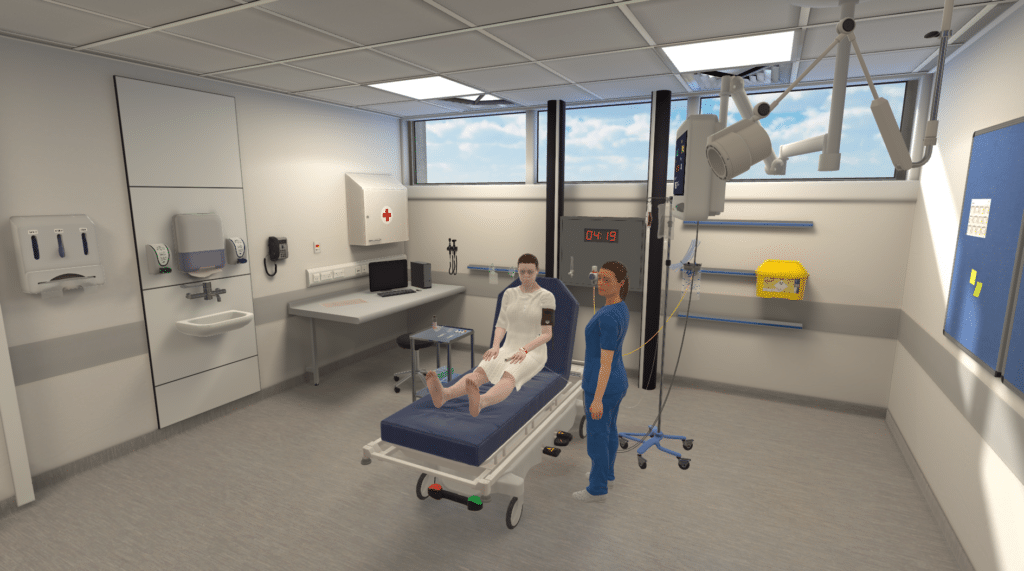
Bringing realistic clinical simulations to life is no small task. Anyone who has been a part of a simulation day knows a thing or two about all the work that goes into it. So many decisions need to be made, schedules need to be aligned, and skills need to be developed – all in such […]
Virtual Reality: A New Wave for Simulation-Based Education
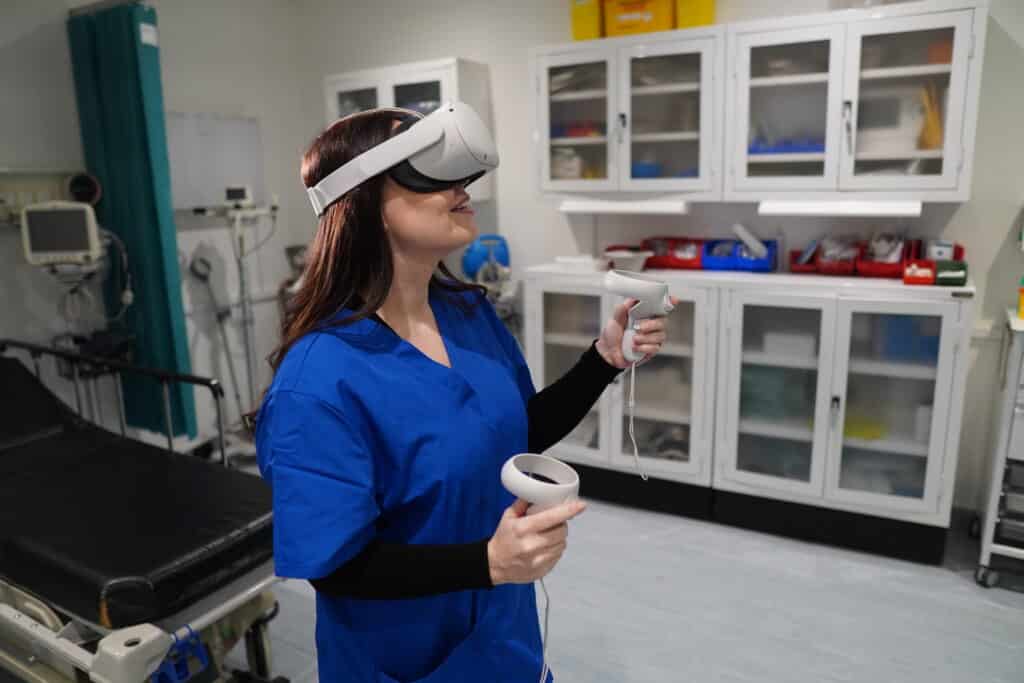
Whether in the classroom or the clinical setting, opportunities for learners to practice skills freely and in a safe environment are limited. However, replicating real-world clinical scenarios is crucial in preparing students for practice and reinforcing knowledge and skills for clinicians. This recreation of specific clinical situations is often referred to as ‘simulation-based education’, and […]
Leveraging Virtual Reality to Improve Maternal Care
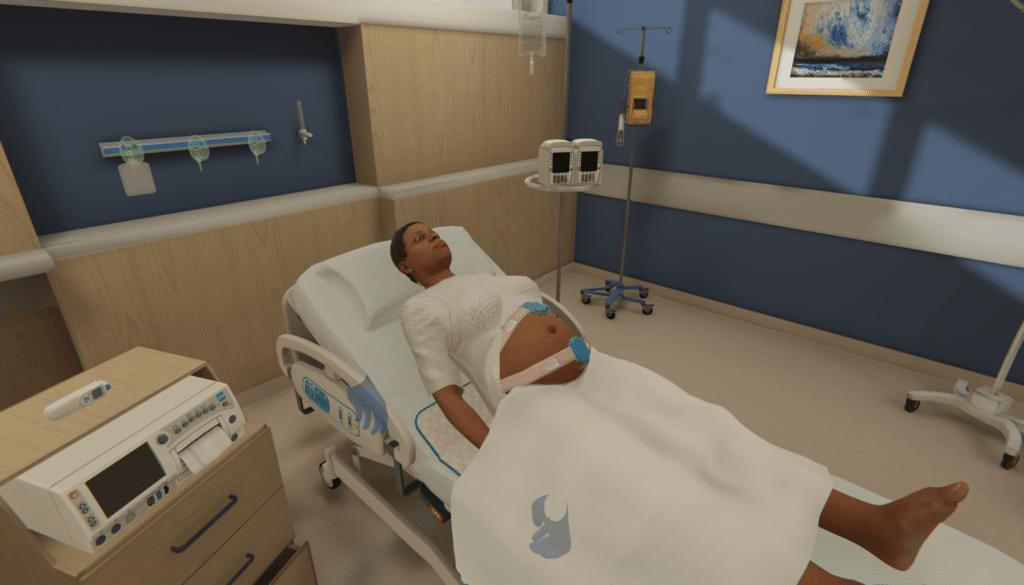
Preparing for the arrival of a new baby is often a time filled with joy, love, and anticipation as soon-to-be parents get ready both physically and mentally for a new chapter of life. While pregnancy should be a time devoted solely to the excitement of bringing in new life, it sadly continues to be a […]
The True Cost of Nursing Turnover: Why Nurses are Resigning and What It Means for the Healthcare Industry

Nursing has seen a shift in recent years that has caused alarm – higher turnover rates, staff shortages, and an increased demand for healthcare professionals have impacted the remaining staff and patients. It’s significantly financially costly for hospitals to replace lost staff, not to mention the time and resources cost of finding a suitable replacement. […]
Oxford Medical Simulation Raises $12.6 Million in Series A Funding to Address Critical Healthcare Training Gap with Virtual Reality
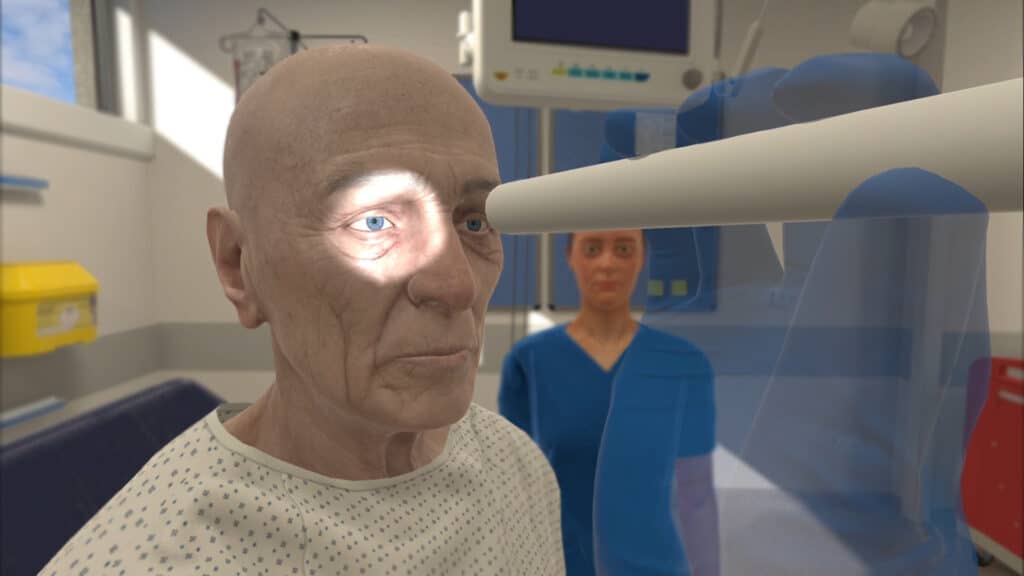
Talking with a patient is one of the best ways for healthcare professionals to hone their communication skills – gathering history, explaining rationale, building rapport, or even having difficult conversations.
Using Your Voice: Communicating with Virtual Patients
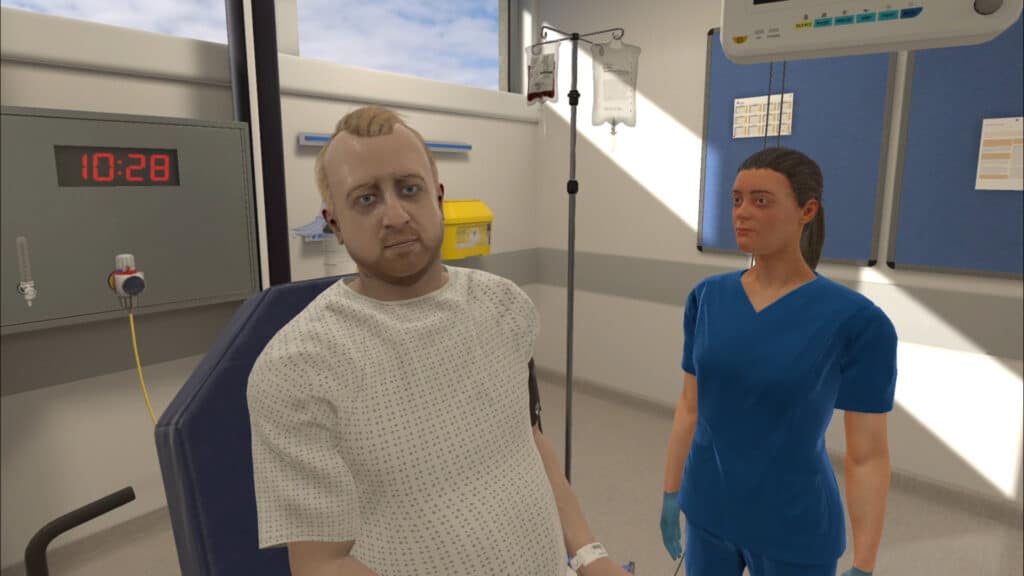
Talking with a patient is one of the best ways for healthcare professionals to hone their communication skills – gathering history, explaining rationale, building rapport, or even having difficult conversations.
Changing the Face of Education: Virtual Reality in Curriculum
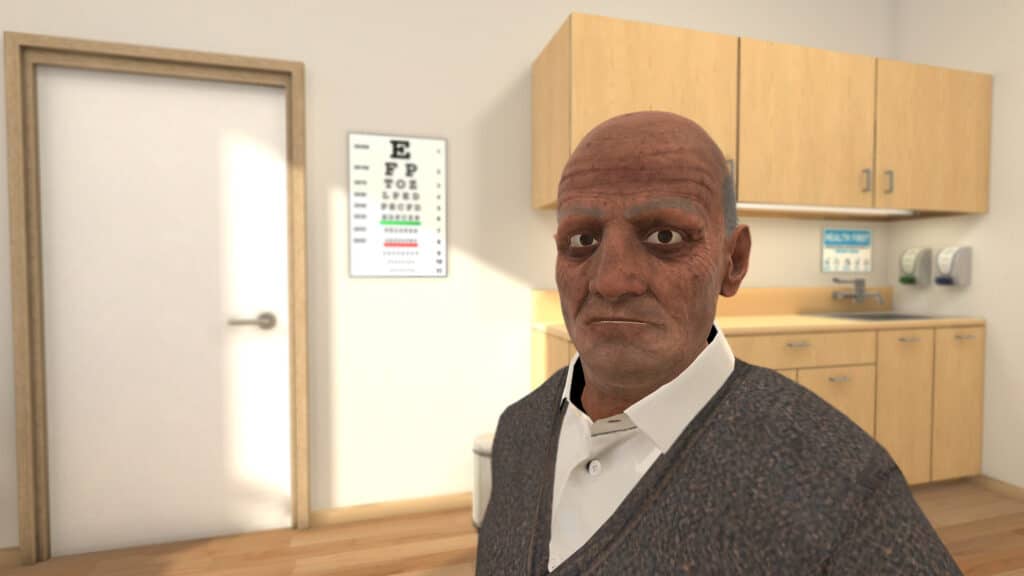
In healthcare education, students often must retain a hefty amount of information, and on top of that, they must build psychomotor skills they can take with them into clinical practice.
Simulation is a well-known method to begin bridging the gap between knowledge and practice, and while it certainly has a place in healthcare curricula, it also has its limitations.
Virtual Reality for Nontechnical Skills
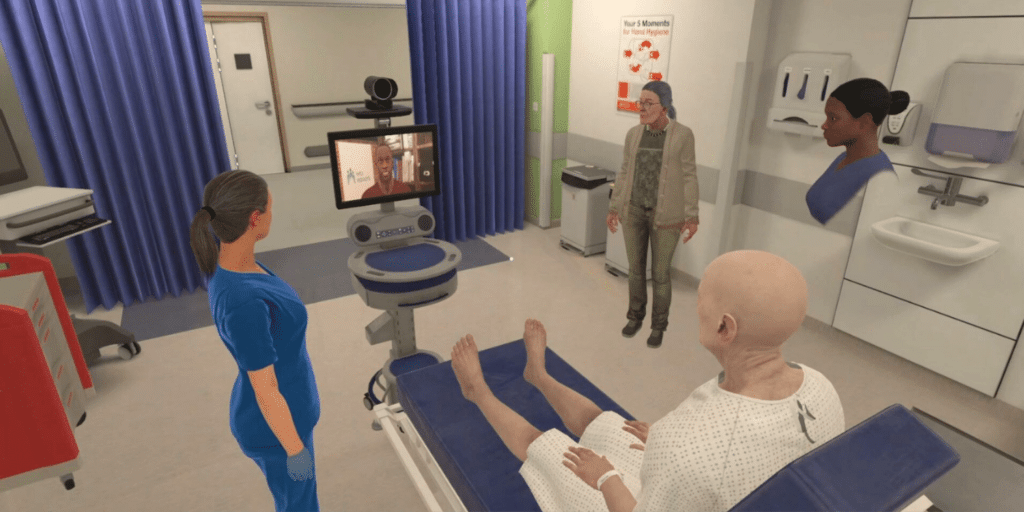
Across industries, like healthcare and aviation, virtual, augmented, and mixed reality have been used to assess and progress technical and procedural skills from emergency medicine to pilot training.
OMS for Interprofessional Team Building
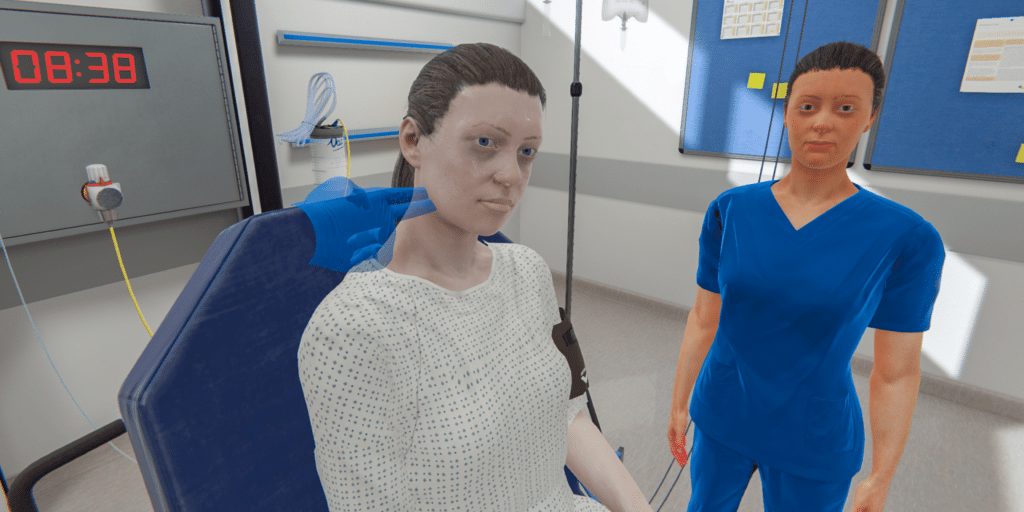
Building a safe space for a working environment is imperative to interdisciplinary team success in healthcare settings. VR can be used as a way to connect the interprofessional team from any space, providing similar benefits to that of in-person team building simulations.